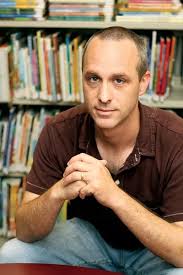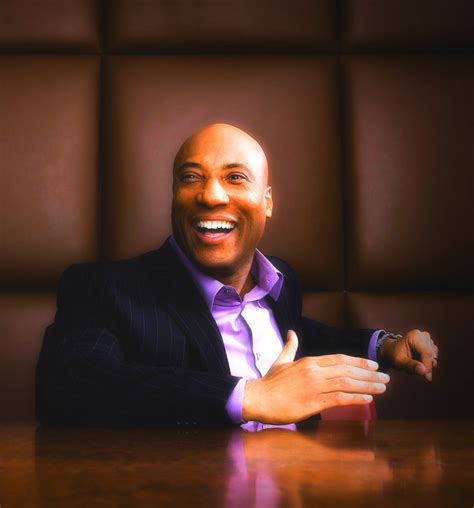A Quote by Hillary Clinton
I am a sensitive person, so it is actually saddening to learn that these poverty-stricken families are most of the time mistreated or looked down upon. Help the poor, like how you would want to be helped if you were in their position.
Related Quotes
Mr. Harinton was real. There were adults in the world who would actually make sacrifices for others - not just for their own families but for anyone who needed help. Nicholas had always had the impression that families looked after one another, and he had come to understand that, on rare ocassions, children would do the same... But this was different. What Mr. Harinton was doing certainly helped Nicolas - but it also simply felt right to Nicholas. It made him want to be exactly like Mr. Harinton himself.
...he said firmly, "God can help you. All the men I’ve seen in your position turned to Him in their time of trouble." "Obviously," I replied, "they were at liberty to do so, if they felt like it." I, however, didn’t want to be helped, and I hadn’t time to work up interest for something that didn’t interest me.
It was easy to blame other people for treating me in ways I didn't like, but now I was seeing that I was the one at fault. The only way you can be mistreated is by allowing yourself to be mistreated, and that was something I did over and over again. Somehow, I needed to find that glimmer of self-respect, buried deep inside, that would allow me to say: I am never going to let that happen to me again. I needed to learn how to stand up for myself in a different way, but I didn't know how.
As a reporter, you know the tropes of how stories on poverty work in any country. A reporter will go to an NGO and say, "Tell me about the good work that you're doing and introduce me to the poor people who represent the kind of help you give." It serves to streamline the storytelling, but it gives you a lopsided cosmos in which almost every poor person you read about is involved with a NGO helping him. Our understanding of poverty and how people escape from poverty, in any country, is quite distorted.
When we want to help the poor, we usually offer them charity. Most often we use charity to avoid recognizing the problem and finding the solution for it. Charity becomes a way to shrug off our responsibility. But charity is no solution to poverty. Charity only perpetuates poverty by taking the initiative away from the poor. Charity allows us to go ahead with our own lives without worrying about the lives of the poor. Charity appeases our consciences.
I don't want to change. I don't ever want to be a stuck-up asshole. I mean, some people probably think I am now, but I don't care what they think, because I know I'm not. I'm a down to earth person. I always have time for my fans. I don't care who they are, what they look like, if they're rich or poor, pretty or ugly. I always have time for them. I wouldn't be where I am today if it wasn't for them, and I'll never forget that.
When we give help to the poor, we are not doing the work of aid agencies 'in a Christian way'. Those are good, it is a decent thing to do - aid work is good and quite human - but it is not Christian poverty, which St. Paul desires of us and preaches to us. Christian poverty is that I give of my own, and not of that which is left over - I give even that, which I need for myself, to the poor person, because I know that he enriches me. Why does the poor person enrich me? Because Jesus Himself told us that He is in the poor person.


































